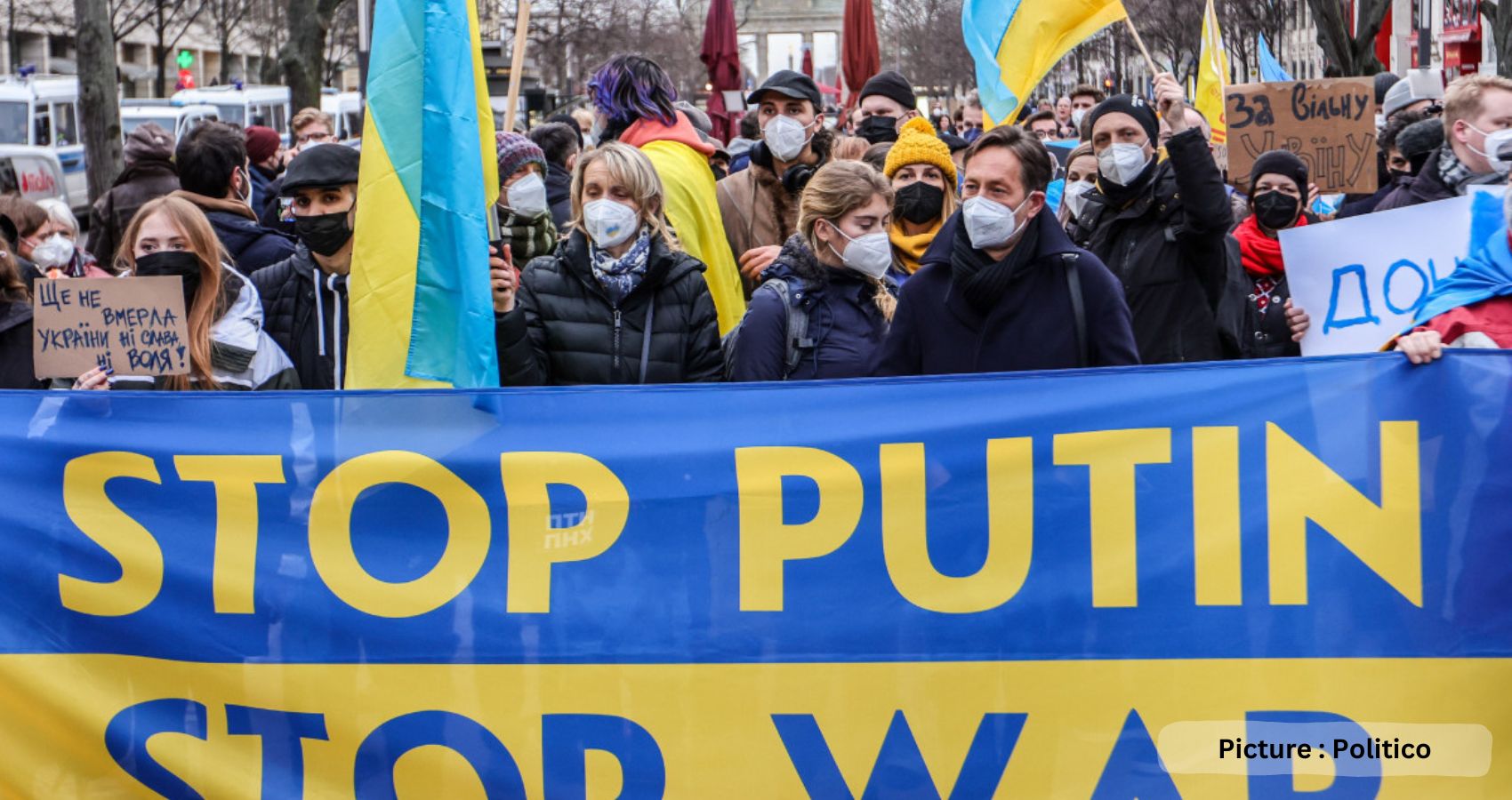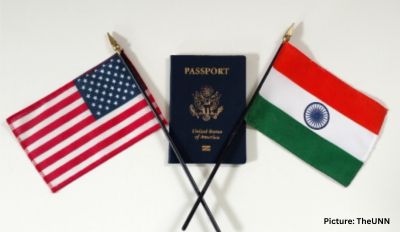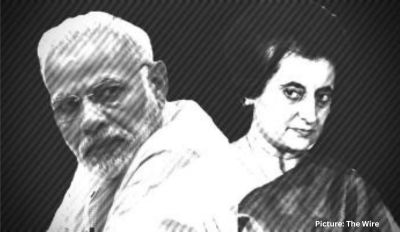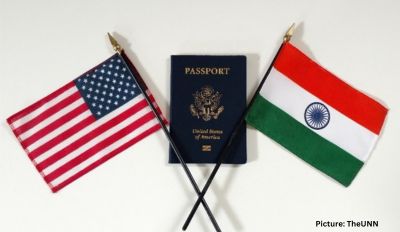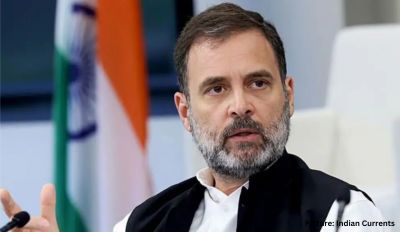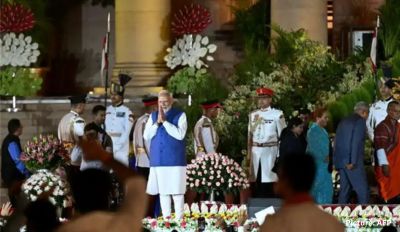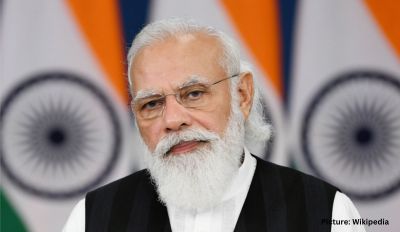By Emma Ashford, a columnist at Foreign Policy and a senior fellow with the Reimagining U.S. Grand Strategy program at the Stimson Center, and Matthew Kroenig, a columnist at Foreign Policy and senior director of the Atlantic Council’s Scowcroft Center for Strategy and Security.
Emma Ashford: Hey, Matt! Greetings from sunny Cartagena, Colombia, where I’m talking about U.S. foreign policy. I’m about as far from the war in Ukraine as you can get, yet with the war’s one-year anniversary this week, Ukraine is still looming large in discussions of the United States and its global role.
Matthew Kroenig: Colombia sounds nice. I was a bit closer to Ukraine this weekend at the Munich Security Conference, and Ukraine was obviously the dominant topic on the agenda there too.
How is the war being perceived in the global south?
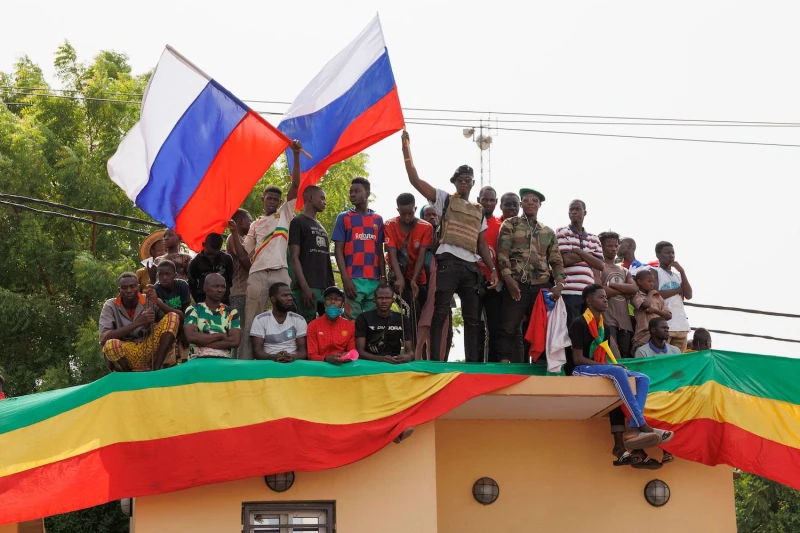
EA: I’d draw a pretty clear distinction between two groups of countries. First, the Western coalition that the Biden administration has pulled together, which is quite united in its continued opposition to Russia and—at least in general—its willingness to bear some costs to do so. That’s the group you undoubtedly interacted with most in Munich, and I suspect the message you heard from it was quite triumphalist, focused on the success of U.S. and European efforts to arm Ukraine and turn the tide of the war on the ground.
The second group, however, comprises a wide variety of Latin American, African, and Asian states, many of which are conflicted about their response to Ukraine. Most of them oppose the invasion itself, but they’re also wary of damaging their ties with Russia and also extremely worried about spiraling costs created by the conflict in food and energy prices globally. That’s a much more mixed picture for U.S. officials to manage.
Did I characterize the Munich crowd correctly?
In Munich, there was a kind of naive assumption that if the West just takes the right steps, everyone will fall into line.
MK: Yes and no. There seemed to be a consensus that the outcome of the war would have enormous consequences for the future of European and even global security. Accordingly, the common view was that the goal needed to be a Ukrainian victory—and for many also a Russian defeat.
The global south was, however, another major topic of conversation. People were genuinely puzzled as to how so much of the world could be agnostic on the issue of a war of aggression in Europe. The search for answers, however, was often superficial and revealed what former U.S. National Security Advisor H.R. McMaster calls “strategic narcissism.”
The question seemed to be: “What did we do wrong?” Officials and experts wondered, for example, whether wealthy governments should have provided more COVID-19 relief. There was a kind of naive assumption that if the West just takes the right steps, everyone will fall into line. Instead, they should have showed some strategic empathy and tried to understand the issue from the perspective of the global south’s interests.
I assume you were able to see things more from that point of view in Cartagena.
EA: I think it really highlights that for all the valuable things about meetings like the Munich Security Conference, Aspen Security Forum, or World Economic Forum in Davos, Switzerland, they do often have a tendency to produce groupthink among like-minded officials and experts. I hope that some of the African and Latin American delegates in attendance were able to impress upon their European counterparts that it is hardly difficult to understand their viewpoint: They have interests, including the basic economic needs of their own populations, at stake in this conflict.
For that reason, I suspect Chinese Foreign Minister Wang Yi’s speech to the conference—in which he promised that China would shortly be presenting a peace plan for Ukraine, which Beijing has now revealed—might have been popular among some of those delegates. Of course, it seemed to be undermined almost immediately: Wang headed straight to Moscow after the conference, and U.S. officials alleged that Beijing is considering sending arms to Moscow to help its efforts in the war. So much for the appearance of Chinese impartiality!
MK: I’m glad you mentioned China and Russia because they are part of the other major grouping you left out above. The world is increasingly divided into three blocs: the free world (the United States and its formal allies in Europe and Asia), the revisionist autocracies (China, Russia, North Korea, Iran, and a few less capable rogues like Syria, Eritrea, and Belarus), and the new nonaligned movement (everyone else!).
China’s plan at Munich seemed to be to try to drive a wedge between Europe and the United States. Wang’s speech talked about how Europe and China could work together, but “hysterical” Americans have lost their minds and are shooting down weather balloons. You are right that they also tried to be the good guys by offering up promises of a peace plan—never mind that they only talked to the Russians, not the Ukrainians, about the plan.
China’s posturing at the conference was undermined most by the Biden administration releasing intelligence suggesting that China was preparing to provide weapons to Russia. Nothing could have made Beijing more unpopular in Europe than indications that it was getting ready to arm Russian President Vladimir Putin.
It was similar to Biden’s attempts during the early stage of the war in Ukraine to deter actions by revealing intelligence. Let’s hope it works this time.
EA: It was innovative the first time around, but at some point, I imagine it will cease to be an effective approach. Worth a try though, I guess.
The problem with these two conflicting worldviews—Western and Russian/Chinese—is that I think the last year has mostly shown they’re both wrong. The world isn’t fully united in opposing Russia’s invasion of Ukraine, and they’re definitely not on board with the Biden administration’s democracy versus autocracy framing. But at the same time, the world is not united against the United States, and many countries in the global south and elsewhere view Russian and Chinese intentions with deep suspicion. It suggests a more diverse set of global viewpoints.
And for that reason, I was rather disappointed to see Biden double down on his triumphalist rhetoric about democracy and the war in Ukraine in his big Warsaw speech in Poland.
Shall we chat about Biden’s secret trip to Kyiv and his speech in Warsaw?
MK: Sure. Let’s start with the trip to Ukraine’s capital. I think it was a brave show of support for Ukraine. It was also conducted with amazing operational security. It caught everyone by surprise. I chatted with several senior Biden administration officials in Munich, and none of them let out a peep. I assume you were less impressed.

